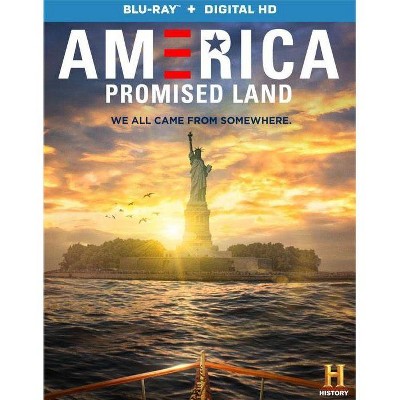Brooklyn's Promised Land - by Judith Wellman (Hardcover)
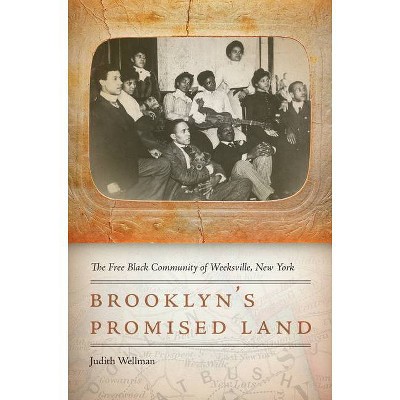
Similar Products
Products of same category from the store
AllProduct info
<p/><br></br><p><b> Book Synopsis </b></p></br></br><strong>In <em>Brooklyn's Promised Land</em>, Judith Wellman not only tells the important narrative of Weeksville's growth, disappearance, and eventual rediscovery, but also highlights the stories of the people who created this community. </strong> In 1966 a group of students, Boy Scouts, and local citizens rediscovered all that remained of a then virtually unknown community called Weeksville: four frame houses on Hunterfly Road. The infrastructure and vibrant history of Weeksville, an African American community that had become one of the largest free black communities in nineteenth century United States, were virtually wiped out by Brooklyn's exploding population and expanding urban grid. <br />Weeksville was founded by African American entrepreneurs after slavery ended in New York State in 1827. Located in eastern Brooklyn, Weeksville provided a space of physical safety, economic prosperity, education, and even political power for its black population, who organized churches, a school, orphan asylum, home for the aged, newspapers, and the national African Civilization Society. Notable residents of Weeksville, such as journalist and educator Junius P. Morell, participated in every major national effort for African American rights, including the Civil War. <br /><br />Drawing on maps, newspapers, census records, photographs, and the material culture of buildings and artifacts, Wellman reconstructs the social history and national significance of this extraordinary place. Through the lens of this local community, <em>Brooklyn's Promised Land</em> highlights themes still relevant to African Americans across the country.<p/><br></br><p><b> Review Quotes </b></p></br></br><br><i>Brooklyn's Promised Land</i> is local history at its best. It sheds light on the politics, family life, and economic strivings of a remarkable independent black community all but lost to history.-- "Eric Foner, DeWitt Clinton Professor of History, Columbia University"<br><br>A comprehensive history of Weeksville, Brooklyn's nineteenth and early twentieth century free black community, is long overdue. Judith Wellman's meticulously researched and clearly written social history finally charts this story through the lives of teachers, ministers, activists, a woman doctor, and ordinary citizens. What an important contribution to the lexicon of books on New York, African American history, and the history of the preservation of African American historic sites and museums.-- "Gretchen Sullivan Sorin, Distinguished Professor, State University of NY College at Oneonta"<br><br>Fascinating and meticulously researched. . . . It highlights the experiences of a community founded on black nationalist principles during a time of instability in American race relations, and it highlights the power of blacks in carving out their own community in Brooklyn.-- "Jane Dabel, California State University, Long Beach"<br><br>In <i>Brooklyn's Promised Land: The Free Black Community of Weeksville, New York</i>, Judith Wellman, an emeritus professor at the State University of New York at Oswego, reanimates this black nationalist enclave in the boroughs eastern Beford Hills, which by the Civil War had more than 500 residents.-- "New York Times"<br><br>In this fascinating and groundbreaking book, Judith Wellman opens wide a window on not just one long-forgotten community of black New Yorkers, but also more broadly upon the diverse, sometimes surprisingly successful lives of urban African Americans in the nineteenth century. Rooted in fine-grained research, written with grace and a fine eye for the telling detail, this book should serve be a model for historians struggling to wrest the realities of antebellum black life from scant documentary records, and the willful forgetting of the larger society.-- "Fergus M. Bordewich, author of America's Great Debate"<br><br>Judith Wellman has skillfully demonstrated how the success of her subjects transcends their important local history and enriches our understanding of free black life in nineteenth-century America. Brooklyns Promised Land is a welcome addition to the growing literature on free African Americans in the U.S. and New York in particular, and merits a place on the shelf of any serious student of antebellum black life.-- "American Historical Review"<br><br>Not a novel, but nevertheless a fascinating story of Weeksville, the little-known community of free blacks in what is today Crown Heights. Nearly lost to demolition, Weeksville was rediscovered in 1966 and is today home to several restored houses and a handsome new welcome center. Wellman tells the whole story, from the villages roots in the 1830s to its near fall into oblivion in the late 20th century.-- "Newsweek.com"<br><br>The author uses a variety of sources and biography to paint a multifaceted picture of Weeksvillean important symbol of African Americans struggle for equality and justice during a time when the nation did not want them to have either.-- "The Journal of American History"<br>
Price History
Price Archive shows prices from various stores, lets you see history and find the cheapest. There is no actual sale on the website. For all support, inquiry and suggestion messages communication@pricearchive.us
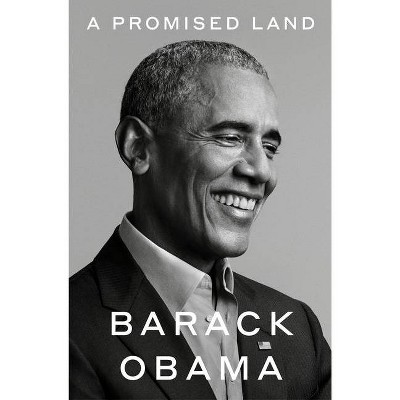
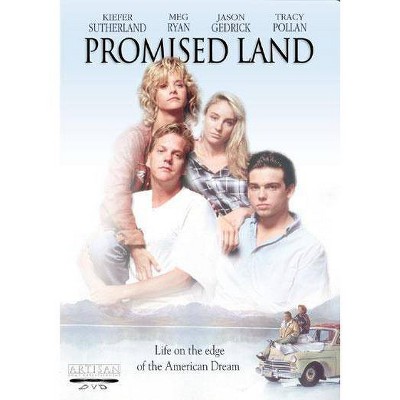
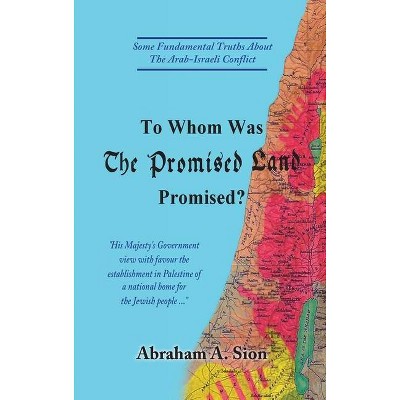
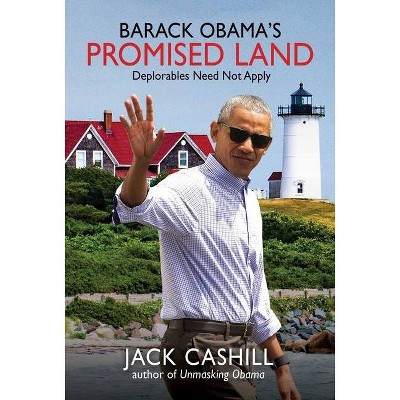
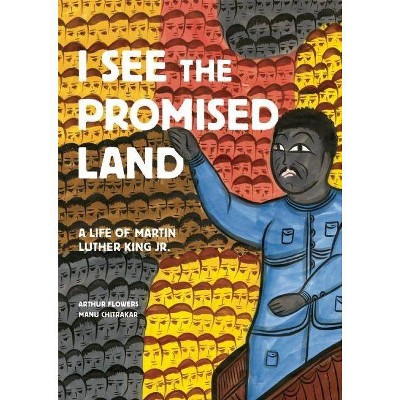
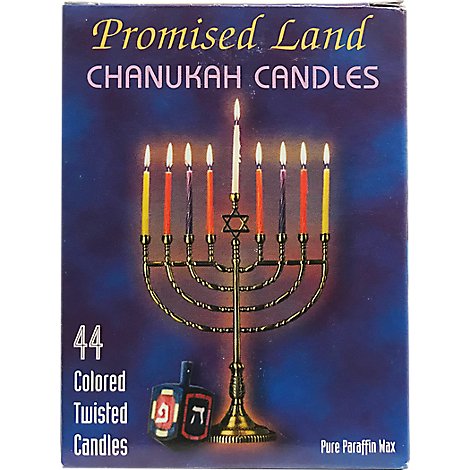
![Red Dwarf: The Promised Land [DVD]](https://pisces.bbystatic.com/image2/BestBuy_US/images/products/3507/35079307_so.jpg)

